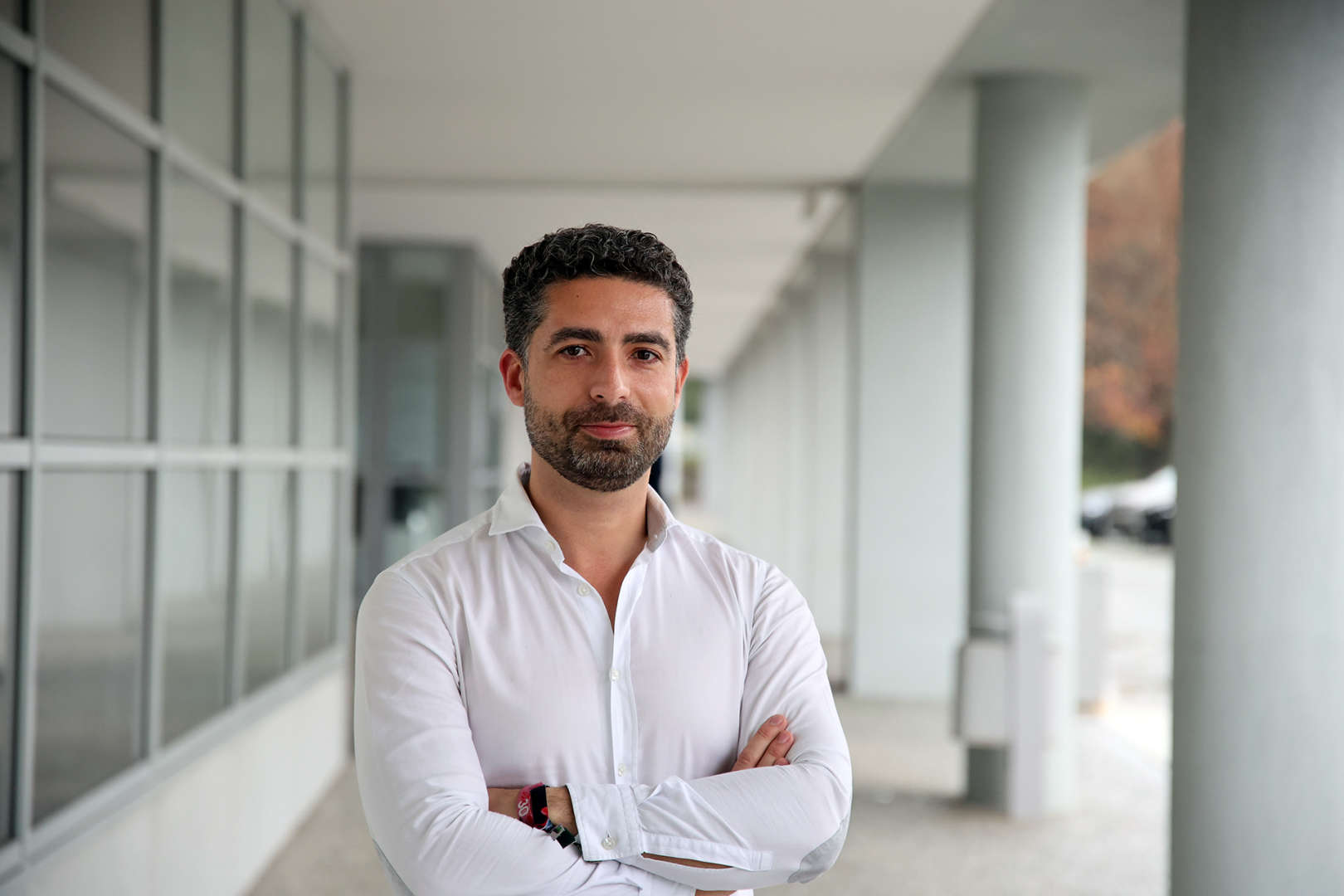Sobre
Luis F. Teixeira é doutorado em Engenharia Electrotécnica e de Computadores pela Universidade do Porto na área de visão computacional (2009). Actualmente é Professor Associado no Departamento de Engenharia Informática na Faculdade de Engenharia da Universidade do Porto e investigador no INESC TEC. Anteriormente foi investigador no INESC Porto (2001-2008), Visiting Researcher na University of Victoria (2006), e Senior Scientist no Fraunhofer AICOS (2008-2013). Os seus interesses de investigação actuais incluem visão computacional, aprendizagem automática e sistemas interactivos.


